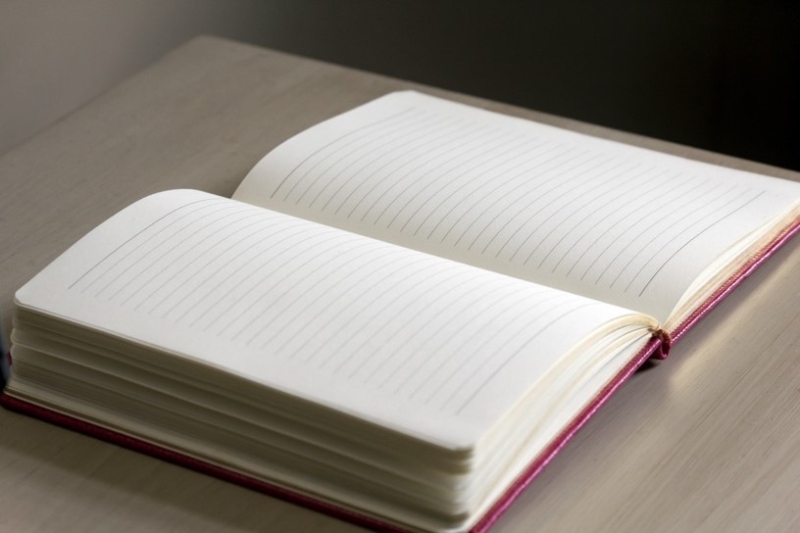One of the most effective ways I have found to help heal from the pain of loss of loved ones is to keep journals, or records, of what is going on in my life at the moment. I’ve always had an affinity to write down my feelings, whether I am happy, sad, frustrated, scared, or any of the other myriad emotions human beings experience on a weekly, and sometimes, daily basis. If you’ve read previous blog posts, you know that this started after my mother died when I was a child. The feelings and experiences I was dealing with were too heavy and complicated to even define, but I felt soothed when I wrote things down. My words allowed the feelings I had within me to be released, to escape my body and mind and to help sort them out better than what vocalizing for holding them inside did. The habit carried on even 32 years later.
The habit has evolved from simply writing journal entries of my thoughts and feelings, to being intentional with what I want to focus on. After my divorce, I didn’t know which direction was up. I felt like I was aimlessly walking around in circles with no escape. I fought the urge to reach out to my ex-husband many times, and instead wrote him letters. At the time, the feelings and emotions were so intense that I thought I would send the letters to him at some point. The letters helped because they allowed me to get everything I wanted to say, all the pain and hurt I was experiencing, out of my body and head. It felt like a monster clawing to get out and the writing allowed it to escape.
After the series of letters, I began a forgiveness journal. It was difficult to get started at first, partly because I wasn’t ready to face certain things that he had done or I had done yet. I started with the easiest, the one where he lied to me about his affair and the other little things he did. But I knew I had to start forgiving the more substantial ones, the ones where I played a role in my marriage’s demise too. Or forgiving the other woman for initiating and going through with the affair. I didn’t actually know if I was really forgiving what I was writing down, but I knew I at least had to get it down on paper. The real forgiveness would come with time.
After keeping a forgiveness journal for a few months, I felt it was time to move on to other journals with titles like “Accomplishments,” “Intentions,” or “Gratitude.” I wrote down three accomplishments that happened to me each day for a month. Then I wrote down three intentions I had for the day for a month. Finally, I wrote down three to five things I was thankful for that day for a month. I repeated this pattern for as long as I felt I needed to.
Keeping these things on paper helped me shift the focus of what I had lost to all the things in my life that I had gained and was getting, even though the wound of my loss was still raw and open. The magic happens when I look back on these journals months later and see them with new eyes. I remember that woman who wrote them all and how much pain she was in, but I can now see that she has gotten through the worst of it, even when she thought she wouldn’t.
Writing will always be something I use for reflection, memory, and brain dumping. It has helped me cope with sundry things over my 37 years of life, and I have no doubt it will continue to do so. Maybe it will do the same for you.


